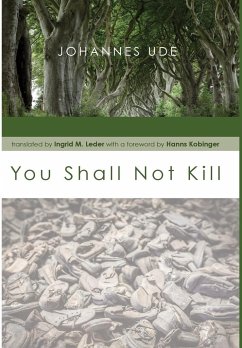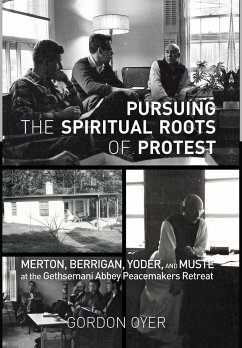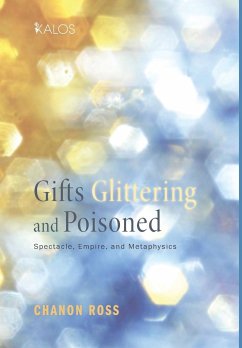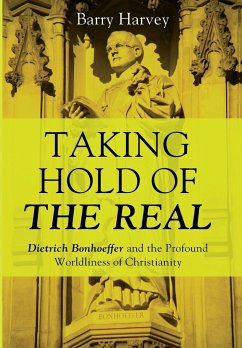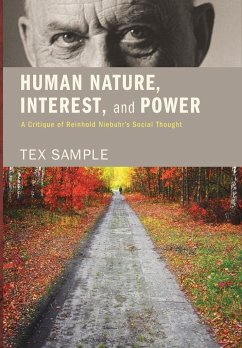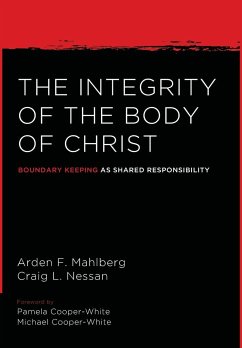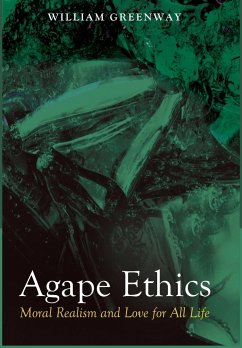Because the Catholic Church, other Christian churches, and almost every national government permit exceptions to God's commandment that ""you shall not kill,"" Johannes Ude examines Catholic moral law to discern whether this commandment has absolute validity or may be modified so that in certain instances it is permissible to kill another human being. Written clandestinely during the Hitler regime, the book examines the generally accepted Catholic teachings of moral theologians and philosophers and finds that while they almost always reject abortion, suicide, sterilization, and the killing of terminally ill or mentally disabled persons, they justify the death penalty and ""just defensive"" wars. Ude concludes that because Christ commanded to love one's neighbors, including one's enemies, ""You shall not kill"" does not permit any exceptions and denies not only the right but especially the duty of self-defense, and, consequently, repudiates all wars. Ude firmly believes that the highest authority of the Catholic Church must forbid its members to fight in wars. He vehemently opposes the taking of interest (usury) and names capitalism a major cause of war, along with the weapons industry, competition for oil, and the complicity of Christian churches.
Hinweis: Dieser Artikel kann nur an eine deutsche Lieferadresse ausgeliefert werden.
Hinweis: Dieser Artikel kann nur an eine deutsche Lieferadresse ausgeliefert werden.

